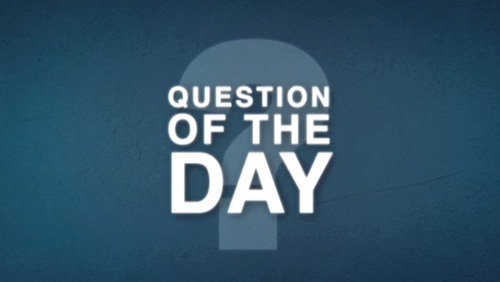The recent 2012 Asian Poker Tour Philippines saw the very first staging of a super high rollers event in the Philippines with the Manila Millions. The event, which was won by Allan Le, featured a field of 25-30 poker pros who all forked over a staggering HKD 1m ($129,000) buy-in to play in the tournament, a number that’s significantly higher than the $10,000 buy-in for most main events.
The ever radiant Tatjana Pasalic caught up with a number of poker pros to ask them this very important question: given the state of the economy right now, are you more or less likely to play in a super high rollers event?

It’s a fair question to ask, considering that the economic downturn has scared off a lot of players from staking exorbitant amounts of money on tournaments that ask premium entry fees. While its not in the overall make-up of a poker player to be too tight on the purse strings, outside factors like this does factor into the equation in entering super high-roller events. A poker veteran like Jennifer Harmanadmits that a down economy is making her alter the tournaments she chooses, saying that “she’s less likely to play” a tournament that exceeds the $10,000 buy-in. Sharing in her sentiments is Josh Brikis, who admits that while super high rollers are tempting because of the huge pots of money involved, they don’t usually attract a lot of newbs – or fishes, as they’re known in the poker circle – so he says he’s better off playing tournaments with less money involved.
On the flip side of the question, some pros weren’t all that scared of the bad economy, saying that it doesn’t affect they’re playing habits, particularly when it comes to signing up for a high-rollers event. Scott Seiver says that personally, the economy hasn’t really affected him in any way and and so he doesn’t see it as a reason to skip on the super high rollers. “I really enjoy super high rollers and I’m going to keep playing them,” he explains. A number of other pros apparently share in Seiver’s sentiments.
For Galen Hall, the convenience of playing super high rollers – usually those that start on a weekend with a 3-day run – is more convenient for him than playing in any main events. “I really can’t miss six consecutive days of school and they often start on weekdays,” he said. “High rollers and super high rollers usually start on weekends and last for only 3 days, so when I do miss a day of school, it’s usually because I’m in the final table, which is a pretty good trade-off.”
Yevgeniy Timoshenko makes his decision to play on super high rollers based on his mood and how much preparation he makes before signing up. “It depends on the field and my mood,” he tells Tatjana. “I have to make sure I feel good, that I get rest the night before, and that I didn’t drink the night before.”
With the feedback that we received, it appears that wit a few exceptions, most of the poker pros aren’t all that concerned about the slow economy. Where there’s a chance to make serious money, they would do so without having to worry about it.
